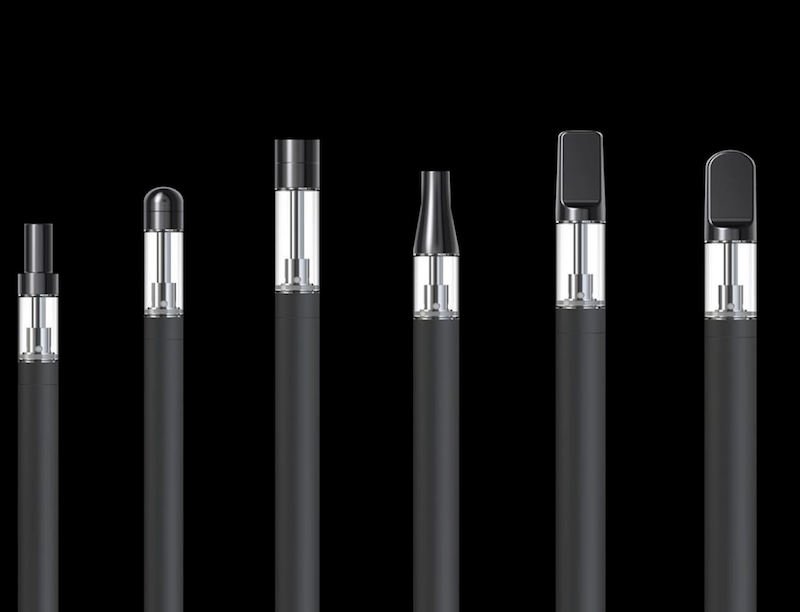Features
The Valens Company profits as industry bleeds
Published on February 27, 2020 by David Wylie

As licensed cannabis producers bleed, The Valens Company says it stands to gain from the industry’s pain.
The Kelowna-based extraction company’s CEO Tyler Robson said during a conference call with investors this week that licensed producers short on capital are now outsourcing extraction — creating an opportunity for companies like Valens.
“As everyone knows, cash is king,” said Robson.
“With a lot of these LPs a little bit strapped for cash, or getting a little bit tighter, we’re definitely seeing the demand growing and we’ll see some new contracts come forward in the foreseeable future.”
The introduction of Cannabis 2.0 products late last year — including vapes, edibles, and beverages — has helped boost the fast-growing Kelowna company as one of the stars of the industry.
During the call to discuss Valens’ 2019 fiscal year performance, company brass said they expect revenue from their white label products to surpass basic extraction services within the next two years.

Tyler Robson (The Valens Company/Instagram)
“When I compare where we are now to where we were at the start of fiscal 2019, the difference is vast,” said Robson.
Valens has grown from an R&D company “with no meaningful revenue” to one of the most profitable publicly traded cannabis companies in North America.
It posted record annual revenue in fiscal 2019 of $58.1 million. Its fourth quarter revenue alone increased to $30.6 million — an 86% gain over the third quarter.
The company’s white label contracts now outnumber their extraction contracts. Customers include BRNT, Shoppers Drug Mart and Iconic Brewing. They began formulating and manufacturing 19 SKUs across three different product lines.
Valens recently held a career fair to hire production workers at their Kelowna facility.
There were dozens of chairs out, but every single one was full as the company interviewed dozens and dozens of candidates and perused resumes.
That’s a stark contrast to the overall bruised cannabis industry.
The dichotomy of what is happening at the consumer level and at the corporate level is astounding.
Take Alberta-based Aurora, one of the industry’s largest producers. Their latest products are selling steadily — gummies, chocolates, etc. — retail can’t keep them in stock.
But back at headquarters it’s like an apocalypse movie… Founder and CEO Terry Booth stepped down. 500 employees lost their jobs. Company stock value has dropped off the cliff.
Aurora is not alone.
The Supreme Cannabis Company has since cut about 15 per cent of its workforce — including about one-third of its corporate positions. Tilray Inc. said it would lay off 10 per cent of its workforce. Sundial Growers also cut staff.
The bad news has been pretty relentless.
Still, there are hints of an uptick.
The Flowr Corporation is doubling its production capacity, adding 10 more grow rooms to its Kelowna facility.
“For the first time since we broke ground on the facility we won’t be operating out of a construction site,” said Flowr CEO Vinay Tolia.
“We continue to see growing demand for our premium cannabis products led by our flagship strain, Pink Kush.”
On the retail side, South Okanagan cannabis store Green Gaia posted record sales on Valentine’s Day — drawing adventurous lovers looking for another way to connect with each other, said co-owner Katerina Bakalos.
Like with other industries, the cannabis landscape will level out as companies find their right size. Then the wild peaks and valleys we’re navigating will mostly be left in the rear-view mirror.
Fingers crossed, anyway.
Leave a comment on our Facebook page.
© Copyright 2020 Okanagan Z. | About the oz.
Report a Typo or Inaccuracy
We strive to avoid typos and inaccuracies. However, on occasion we make mistakes. We value your contributions and help in correcting them.